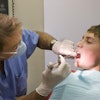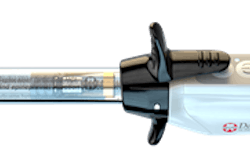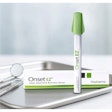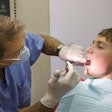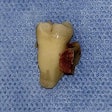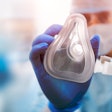Dear Anesthesia & Pain Management Insider,
How safe is the use of anesthesia in traditional oral surgery? The results of a recent survey of oral and maxillofacial surgeons suggest that the most severe anesthesia complications are very rare, occurring in less than one person out of thousands of patients. See more survey findings and an infographic in our Insider Exclusive.
Also noteworthy and new, dental anesthesiology will become an officially recognized dental specialty. The U.S. National Commission on Recognition of Dental Specialties and Certifying Boards adopted the resolution on March 11 after an application was received from the American Society of Dentist Anesthesiologists. Dental anesthesiology joins nine other recognized specialties, including oral and maxillofacial surgery, endodontics, and pediatric dentistry.
In other recent Anesthesia & Pain Management news, researchers found that an injection of botulinum toxin type A (Botox-A) may help patients when conservative treatments for temporomandibular joint disorder (TMD) are not successful. While the study was small, Botox-A is a minimally invasive intervention, and the authors concluded its short application time, low pain levels during application, and low risk of complications may make it an effective treatment method for some patients.
The use of Botox-A may not be the only innovative option to help patients with TMD in the near future. An international team of researchers created a mobile prototype that monitors patients' jaws during their daily routine. The system may one day help dental professionals diagnose and monitor bruxism, TMD, and jaw-related disorders outside of the clinic.
Finally, the opioid epidemic doesn't appear to be slowing down. New data show Americans are now more likely to die from an accidental overdose than from a motor vehicle crash -- and it's not because motor vehicle deaths have declined in recent years. Despite this sobering statistic, many parents think their children are safe from the risks of addiction, according to survey findings from the American Society of Anesthesiologists (ASA). The ASA noted these findings demonstrate a need to better educate parents about opioid risks and alternatives.



